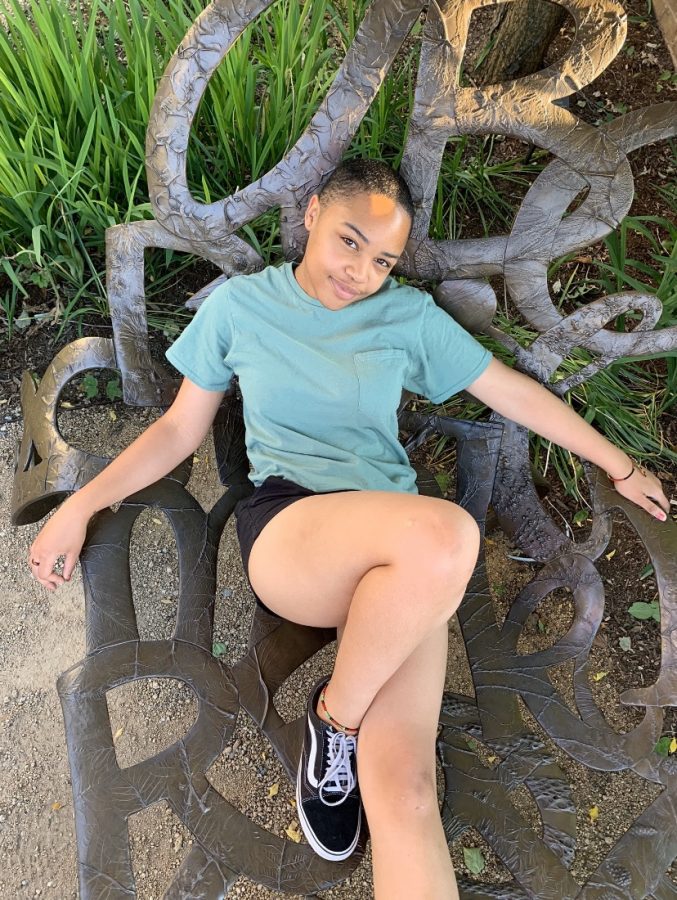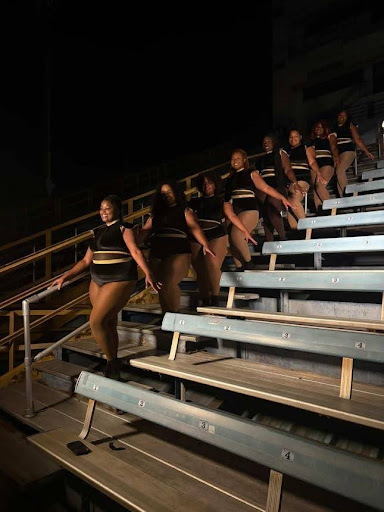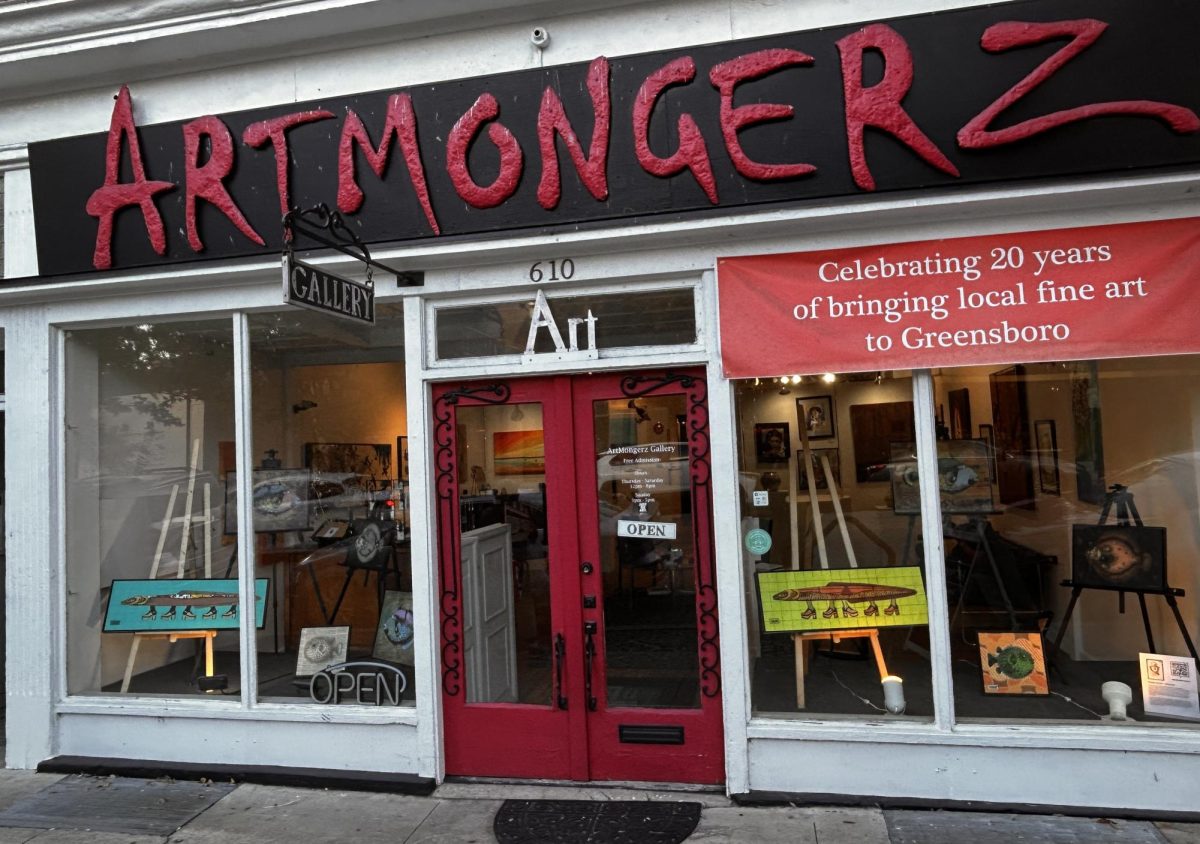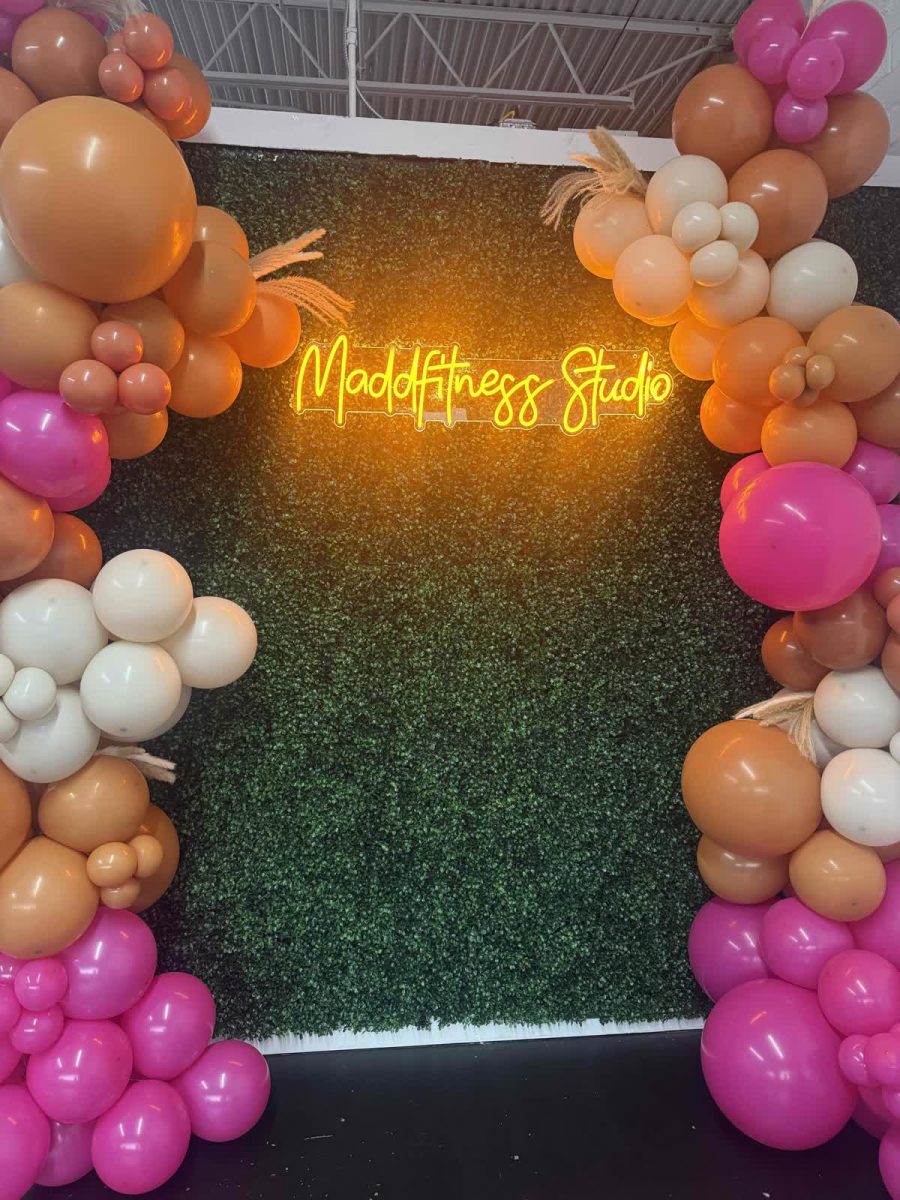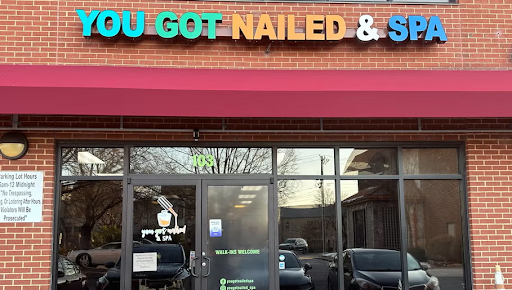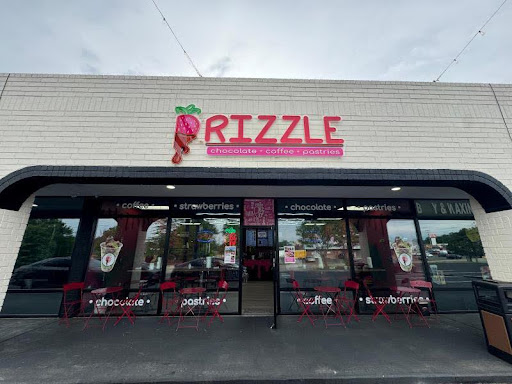Mikaila Gill, a sophomore multimedia production student from Winston-Salem, North Carolina, discusses reducing the carbon footprint.
Has activism always been a part of who you are? If not, when did it begin?
Gill: I’d say I’ve always been rebellious as a kid. I always wanted to lash out about stuff. I feel like activism really started for me in middle school/high school. In middle school, I started getting more into the environment and finding out about issues like genetically modified foods. That then turned into activism for our people and climate justice.
You’re vegan. So, I was wondering if that was a part of your activism?
Gill: It is. I went vegan last May and over the past year, I’ve learned about how to agriculture business affects the environment and climate change. That is why is important for me to go vegan. I felt like, “I can’t say that I care about the environment and still eat meat.”
Do you look up to any activists?
Gill: I’d have to say Marcus Garvey. Being a rebel, I admire how bold he is. One of the things he did that stood out the most for me was his meeting with the KKK. I remember thinking, “If he can meet with the grand wizard, he is completely fearless.”
If you had to explain why sustainability is important in your own words, what would you say?
Gill: Literally everyone should be an environmentalist. If you want to continue to live on this earth, and you want your grandkids and great-grandkids to have a safe place to live, it is important to care about the earth. If we don’t become more sustainable, our earth is going to end up looking like “The Lorax” movie.
Can you tell me about the recycling initiative you led on campus?
Gill: It actually started as a class project. We needed to come up with a project that dealt with some type of social injustice. My group’s topic was the environment. We thought, “why not have a recycling competition?” Since there aren’t a lot of recycling bins on campus, we wanted to show Chancellor Martin that this is something that needs to be taken seriously. It turned out really well. We got over 600 recycled items.
Have you had a lot of support with this movement?
Gill: On campus, I have plenty of support. The Earth and Environmental Club is planning a lot of this semester, so I’ve definitely received good energy and support.
What about any pushback?
Gill: I’d say I get the most pushback from my family. When I try to incorporate more sustainable practices at home, they’re a little reluctant. Even when I went vegan, they looked at me like I was crazy. But it’s gotten a lot better. My mom will try to buy vegan stuff for me and make sure the restaurants we go to have vegan options.
What are some key things that you want people to know about the movement or yourself that might inspire them to get on board?
Gill: I live a simple life. I consider myself to be a minimalist. I think a lot of people feel like they have to make this huge change,
What is a simple way people can become more sustainable?
Gill: Turn the water off when you brush your teeth. People try to make sustainability this hard concept, but it’s so easy. Get reusable bags instead of using plastic bags. Cut back on plastic straws. Surprisingly, buying excessive clothes can cut back on a lot of waste. Especially since a lot of used clothes end up in the landfill.
Is this something you want to continue to be involved in after college?
Gill: Definitely. Service is my thing. I’m actually a part of another organization formed by my mentor called “Afro Agriculture.” We teach children of color from adverse backgrounds about the environment and what they can do to be more sustainable. So, I want to remain active in that organization. One day I hope to start my own little club or organization.

